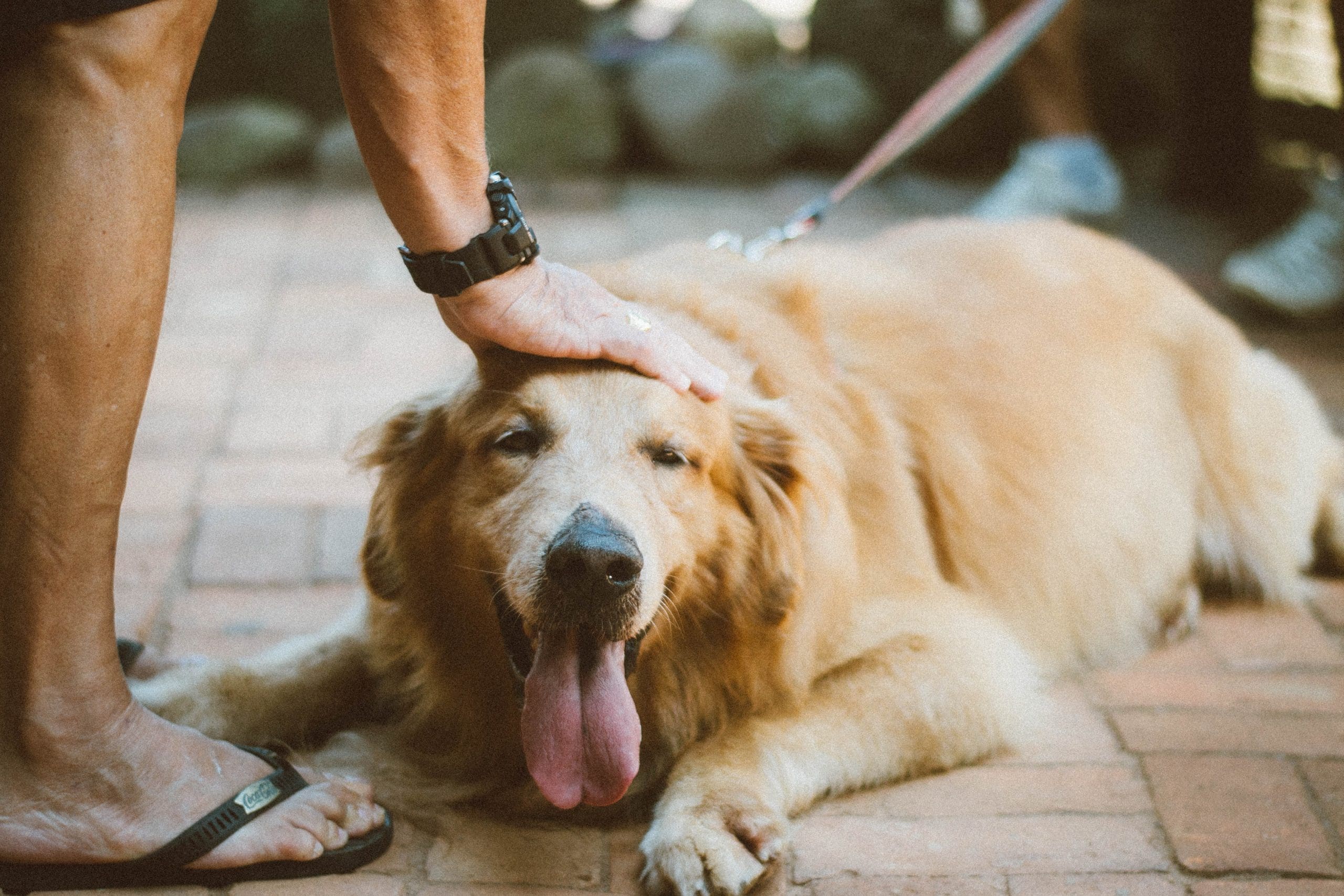Seeing your dog vomit after meals can be distressing, and it often prompts concerns about their health. Many dog owners encounter this issue, and knowing the potential causes can help you take appropriate action to support your pet’s well-being.
Common Causes of Vomiting
One frequent reason dogs vomit after eating is eating too quickly. Dogs that gobble their food can swallow air, leading to an upset stomach and subsequent vomiting. If your dog eats rapidly, consider using a slow feeder bowl or spreading their food out to encourage a more leisurely eating pace.
The type of food you provide can also play a significant role. Dogs have specific dietary needs, and some may be sensitive or allergic to certain ingredients. If you’ve recently switched your dog’s food or introduced new treats, monitor their behavior closely. If vomiting persists, consult your veterinarian for dietary recommendations.
Environmental Factors
Your dog’s eating environment can affect their digestive health. Stressful situations, like loud noises or the presence of other animals during feeding, can cause anxiety, leading to vomiting. Establishing a calm, quiet space for meals may help your dog eat more comfortably.
Serious Health Concerns
Vomiting can sometimes indicate more serious health issues, such as pancreatitis, infections, or gastrointestinal blockages. If your dog vomits frequently or exhibits signs of distress, seek veterinary attention promptly. A thorough examination and diagnostic tests may be necessary to identify any underlying problems.
Inappropriate Eating Habits
Dogs are naturally curious and may ingest non-food items, which can result in vomiting. If your dog has a habit of chewing on inappropriate objects, it’s crucial to supervise them and remove any hazards. If you suspect they’ve swallowed something harmful, contact your veterinarian immediately.
Hydration Matters
Frequent vomiting can lead to dehydration, which is a serious concern. If your dog can’t keep food down, they may not be getting enough fluids. Watch for signs of dehydration, such as dry gums and lethargy. If you observe these symptoms, consult your veterinarian for appropriate treatment.
Age and Health Considerations
Puppies and older dogs often have more sensitive stomachs, making them more susceptible to vomiting. Regular veterinary check-ups can help monitor their health and address any potential issues early on.
Feeding Practices
Feeding practices significantly impact your dog’s digestive health. Overfeeding or providing large meals can overwhelm their stomach and lead to vomiting. Adhering to feeding guidelines based on your dog’s size, age, and activity level is essential. If unsure about portion sizes, your veterinarian can provide tailored recommendations.
Routine Changes
Dogs thrive on consistency, and any significant changes—like moving homes or introducing new pets—can cause stress that manifests as vomiting. Maintaining a stable environment and routine can help your dog adjust to changes more smoothly.
Exercise Timing
The timing of meals relative to exercise is also important. Feeding your dog too close to vigorous activity can lead to vomiting. It’s advisable to wait at least an hour after eating before engaging in strenuous exercise.
Monitoring and Documentation
Keeping a food diary can be beneficial for dogs prone to vomiting. This record can help identify patterns or triggers related to their diet and health. Sharing this information with your veterinarian can assist in formulating dietary adjustments or tests as needed.
Behavioral Insights
Observing your dog’s overall behavior can provide valuable insights into their health. If your dog appears happy, playful, and healthy, occasional vomiting may not be cause for concern. However, frequent vomiting or additional symptoms such as lethargy or changes in appetite warrant veterinary consultation.
Fasting and Diet Adjustments
In some cases, your veterinarian may recommend a temporary fasting period to allow your dog’s stomach to settle. After fasting, gradually reintroducing a bland diet—like boiled chicken and rice—can help ease your dog back into regular eating without triggering further vomiting. Always consult your veterinarian before making significant changes to your dog’s diet.
When to Seek Veterinary Care
Recognizing when to seek veterinary help is vital. If your dog vomits repeatedly, shows signs of pain, or displays unusual behavior, don’t hesitate to contact your veterinarian. Their expertise can diagnose and treat underlying health issues, ensuring your dog receives the necessary care.
Understanding the reasons behind your dog’s vomiting after meals can be complex, but with careful observation and communication with your veterinarian, you can help your dog maintain a healthy and happy life. Monitoring their eating habits and overall health will contribute to their well-being and comfort.



